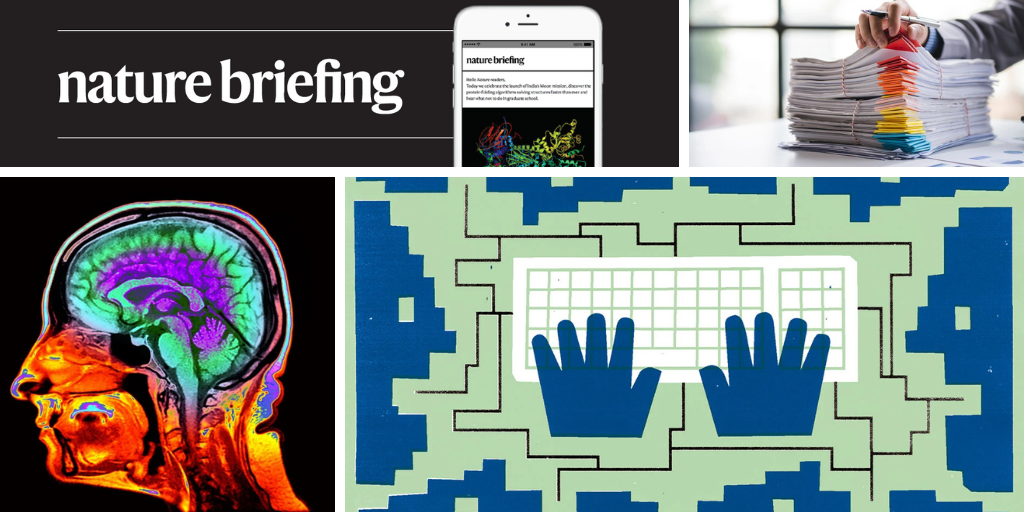
""In a study of more than 50,000 brain scans, researchers found that features such as the thickness of the cerebral cortex can predict how quickly a person's ability to think and remember will decline with age.""
""Imaging offers unique, direct insights into the brain's structural ageing, providing information that blood-based or molecular biomarkers alone can't capture," says computational biologist Mahdi Moqri."
""A system called distributed peer review, which requires researchers who apply for a round of funding to review some of the other applications, cuts the time it takes to review grant applications by more than half.""
""Safeguards help to prevent participants from gaming the system: in a small proof-of-concept trial, participants only reviewed applications from researchers competing for a separate pool of funding, and there were no reciprocal pairs of reviewers.""
MethaneSAT, a satellite to detect methane emissions, was lost after 15 months of its planned 5-year mission. A study involving over 50,000 brain scans uses structural imaging to predict the rate of cognitive ageing through features like cerebral cortex thickness. The findings underscore the limitations of blood-based biomarkers in capturing biological age. A new system called distributed peer review streamlines grant application reviews by requiring applicants to evaluate other submissions, significantly reducing the review timeline while including safeguards to prevent biases and collusion among reviewers.
Read at Nature
Unable to calculate read time
Collection
[
|
...
]